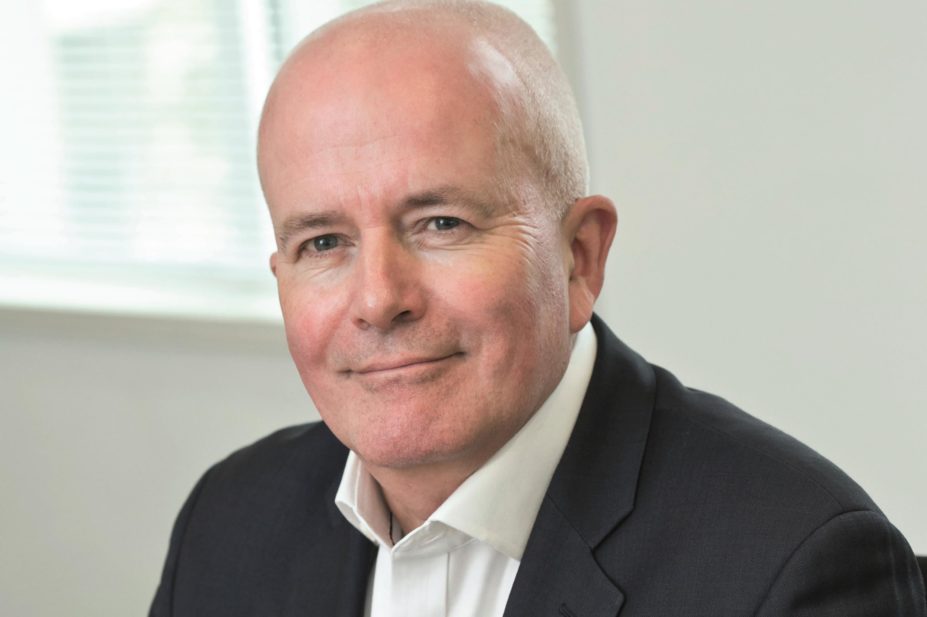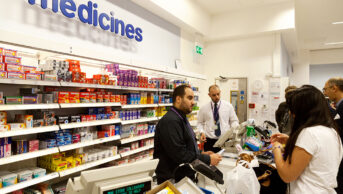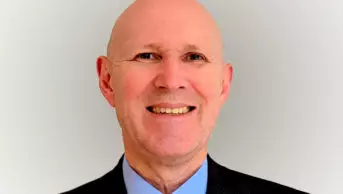
PKF Littlejohn
Fraudulent practices by healthcare professionals and patients are a huge financial burden on the NHS, according to a report by a major accountancy firm[1]
.
The report identifies losses including fraud over payments made to doctors to manage a patient’s care, as well as prescription fraud by pharmacists and patients.
It cites an example of a pharmacist who stole more than £200,000 by claiming to have dispensed an inflated volume of drugs and other instances of pharmacists who claimed for services that were not provided.
It estimates that pharmaceutical fraud is worth around £83m, based on an average loss rate of 3.97% from the £2.1bn spent by NHS England on pharmaceutical services in 2013–2014. Overall, fraudulent behaviour could be costing the NHS up to £5.74bn a year, the report says.
“This report shows that a small dishonest minority of pharmacists undertake fraud. The vast honest majority find this completely unacceptable,” says report co-author Jim Gee, who is the director of counter fraud services at accountancy firm PKF Littlejohn LLP.
Rob Darracott, chief executive of community pharmacy group Pharmacy Voice, says it is right to protect NHS resources, and fraud must be prevented where possible.
But, he adds, “with prescriptions, the situation can be challenging for pharmacists. Around 90% of prescriptions are currently dispensed free of charge, and of the remaining 10% that are paid for, a tiny number are subject to fraudulent activity from patients.”
Gee explained that in 1998, when the NHS started to tackle fraud, pharmacists were the earliest and most vociferous supporters of the work because they understood that the savings could be reinvested in pharmacies.
But “that relationship has subsequently deteriorated. The NHS needs to work with pharmacists again‎ to tackle this problem together”, he says.
Darracott said: “Collecting the fees and policing prescriptions adds to a pharmacist’s workload without benefitting patient care,”
Fees can deter patients from taking prescribed medicines, which prevent them from getting the right care, and can result in higher healthcare costs, he says.
“Finally, there is a risk that the professional relationship between patients and pharmacy teams may be compromised by what patients regard as increased levels of scrutiny,” he adds.
Pharmacy Voice believes that there should be an overhaul of the system, and prescription charges should be abolished altogether.
Responding to the report, the Pharmaceutical Services Negotiating Committee (PSNC), which represents pharmacy contractors, says any NHS fraud must be identified and eradicated.
“PSNC and pharmacy contractors would expect the NHS to take appropriate steps to identify potential areas of fraud and to prioritise investigation so that any losses to the NHS are minimised,” it says.
“The development of pharmacy services includes discussions between PSNC and the NHS on appropriate measures to verify activity and to ensure accurate payment — and we expect that all commissioning and procurement by the NHS would include similar safeguards.”
The NHS used to have a programme of measuring the cost of fraud and error. Fifteen loss measurement exercises were undertaken between 1998 and 2006; six in 2007–2008; but only two between 2009 and 2014.
The report recommends an approach that goes beyond investigating and prosecuting individual cases and concentrates on reducing the cost of fraud. It calls for a resumption of loss measurement exercises across key expenditure streams and for the establishment of a powerful organisation to lead this work with a remit and authority across the NHS.
References
[1] Gee J & Button M. The financial cost of healthcare fraud 2015: what data from around the world shows. PKF Littlejohn LLP and University of Portsmouth. September 2015.


